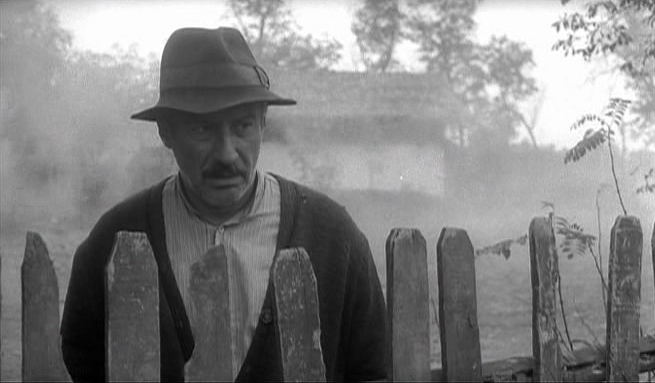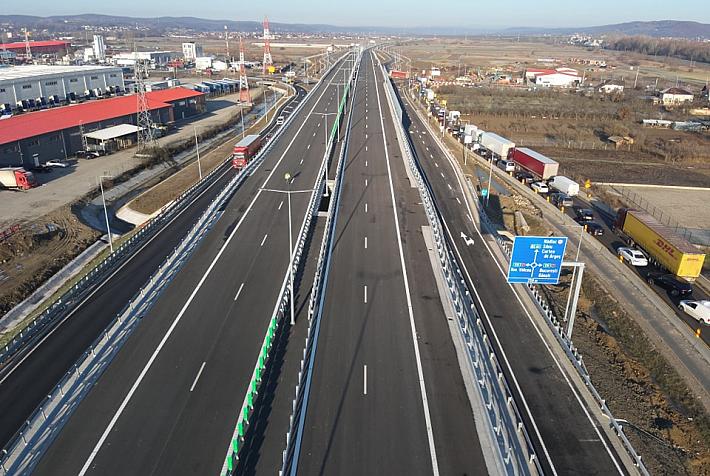Students asked to denounce novel character at Romanian Language Olympiad

In a time when many important events in Romania revolve around justice, the students participating at the Romanian Language Olympiad in Prahova county had to resolve a more unusual subject: they were asked to imagine that they are the character collecting the taxes in Morometii novel, and denounce the book’s main character Ilie Moromete.
In the so-called imaginary report to the party leadership, the students had to denounce “Ilie Moromete’s quality of hostile element,” which they found when they went to collect the tax from Moromete.
Morometii (The Moromete Family) is a novel by Romanian author Marin Preda, which follows the life of an ordinary peasant family, and focuses on the family head Ilie Moromete's efforts for preserving ownership of the family's land to leave it to his sons. In doing this, he often clashes with the authorities, which pressure him for being late on his taxes.
The dialogue between Ilie Moromete and the tax collector is one of the memorable moments in the book and in the movie made based on this novel, which stars Romanian actor Victor Rebengiuc.
The novel, which is grouped in two parts, is still studied in schools, although it was published in 1955 (first volume) and 1967 (second volume).
Dan Gulea, a teacher at Mihai Viteazul National College in Ploiesti, Prahova county, who was an evaluator teacher at Olympiad’s county stage, reacted to this situation on his Facebook, saying that “this says a lot about today’s world, which is a world of denouncement.”
Meanwhile, education minister Pavel Nastase told local News.ro that he would ask Ministry inspectors to analyze this incident and establish whether or not this subject belonged to the Olympiad’s curriculum.
The denouncement is an important subject in Romania, as many of the corruption cases investigated in the country are based on denouncements. The controversial ordinance the Government adopted in late-January and then repealed a few days later following massive protests, aimed to change the way denouncement is made in Romania.
According to the repealed document, the denouncement was valid only if it was made within six months from the moment of the crime. This change would had made it very difficult to find corruption offenses that are over six months old, especially bribery cases, which are often based on denouncements in Romania.
The National Anticorruption Department (DNA) was against this change, saying that it’s unexplainable why someone would want to protect those who have taken bribes, “and to guarantee that, after six months, they can no longer be held accountable.”
According to DNA, denouncers rarely notify the authorities immediately after being involved in a corruption deed, because they are usually happy with what they get on the short term. Denunciations usually come when conflicts appear between the participants to a crime or when one of the participants wants to get a lower penalty for his crimes.
DNA's opponents, however, claim that many of the big corruption cases against top politicians are only based on denouncements by people who are also investigated for corruption, who want to get lower sentences.
Protests in Romania reach their goal: Emergency ordinance on justice is officially terminated
Irina Popescu, irina.popescu@romania-insider.com












